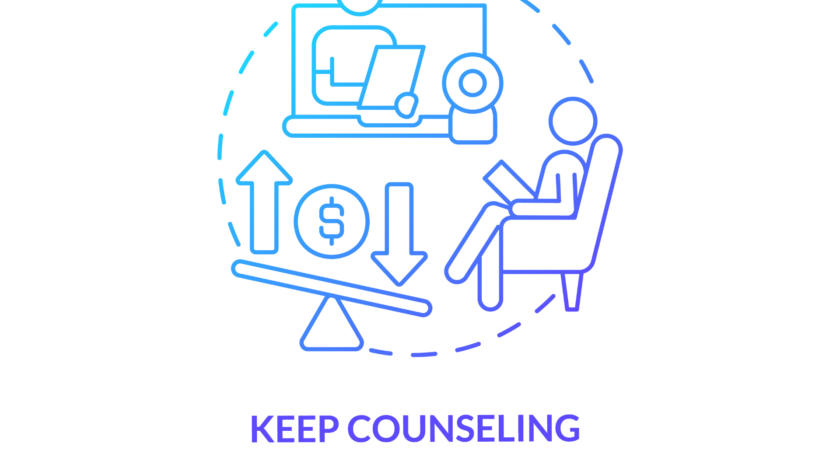In a psychodynamic approach, managing anxiety involves exploring the unconscious processes and unresolved conflicts that may contribute to the client's distress. Here are some key strategies:
1. Establish a Strong Therapeutic Alliance
Building a trusting relationship is essential. It creates a safe space for clients to explore their thoughts and feelings.
2. Explore the Unconscious…







